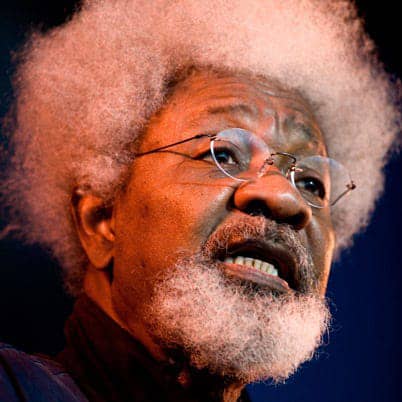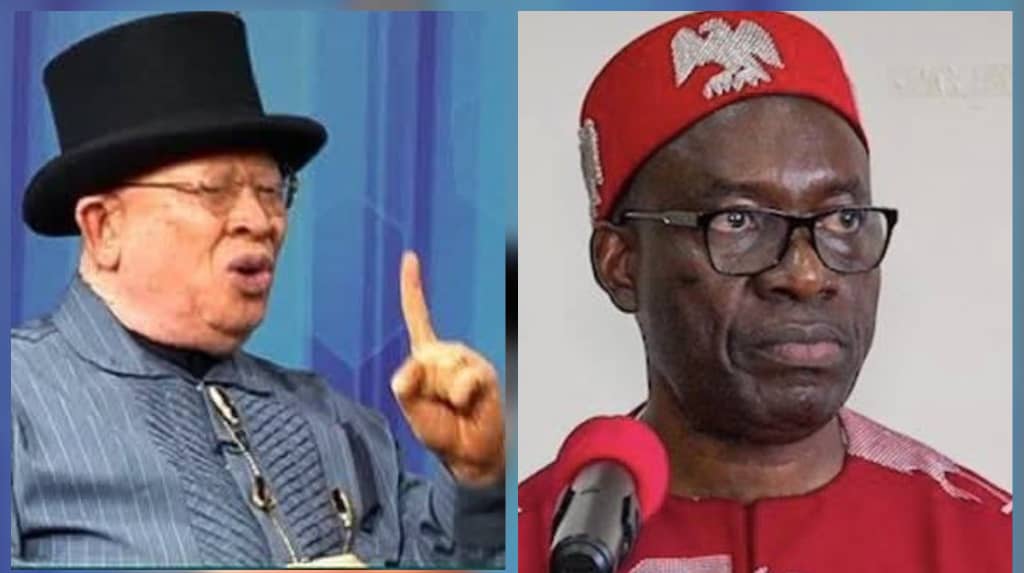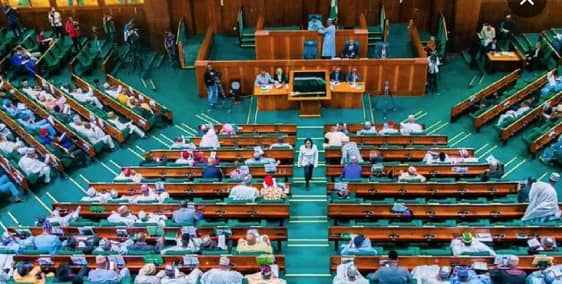Nobel laureate and renowned playwright Professor Wole Soyinka announced on Tuesday that the United States government has revoked his visa, preventing him from entering the country at the moment.
The 89-year-old Nigerian writer expressed surprise at the decision, noting that he received no prior notice or explanation from US authorities regarding the action.
Soyinka, who has maintained longstanding academic and cultural ties with the United States, said the revocation came unexpectedly as he had recently made plans for an upcoming visit. According to him, the information reached him through official communication channels, confirming that his valid visa was no longer recognized.
The development has drawn attention across literary and diplomatic circles, given Soyinka’s global stature as a celebrated author, human rights advocate, and Africa’s first Nobel Prize winner in Literature. His works and advocacy have often positioned him as a leading voice on political freedom and social justice, both within Nigeria and internationally.
While details about the reasons behind the visa cancellation remain unclear, Soyinka emphasized that he had complied with all travel regulations and maintained a record of lawful visits to the United States for academic lectures and literary engagements. He expressed hope that the issue would soon be resolved, allowing him to continue his professional commitments abroad.
The US embassy in Nigeria has not issued an official statement regarding the matter. Efforts by journalists to obtain clarification from American consular officials in Lagos and Abuja were unsuccessful as of Tuesday evening. Sources familiar with US immigration procedures said such revocations could occur for various reasons, ranging from administrative reviews to new travel restrictions, though none specifically linked Soyinka’s case to any violation.
Observers have noted that Soyinka has been a frequent visitor to the United States over the years, lecturing at major universities and participating in cultural events. His association with several American institutions has spanned decades, including guest professorships and literary collaborations. The sudden revocation, therefore, raises questions about whether it reflects a procedural issue or a broader policy change.
In his public remarks, Soyinka refrained from making political interpretations of the decision but acknowledged that it came as a “personal shock.” He said he hoped for a prompt resolution through the appropriate diplomatic channels, reiterating his respect for international cooperation and cultural exchange.
Reactions from Nigeria’s academic community have been swift, with several scholars and writers describing the decision as troubling. They highlighted Soyinka’s status as a global intellectual whose contributions transcend borders, urging the US government to reconsider the action.
As one of Africa’s most distinguished literary figures, Wole Soyinka continues to play a prominent role in global discussions on democracy, freedom of expression, and human rights. The visa revocation, according to commentators, marks a surprising development in the long-standing relationship between the Nobel laureate and the United States, a country where he has lived, taught, and lectured extensively over the decades.
For now, Soyinka remains unable to travel to the United States until further clarification or reversal of the revocation is made. He has stated that he will continue his ongoing engagements in Nigeria and other parts of the world while awaiting updates from US authorities.





